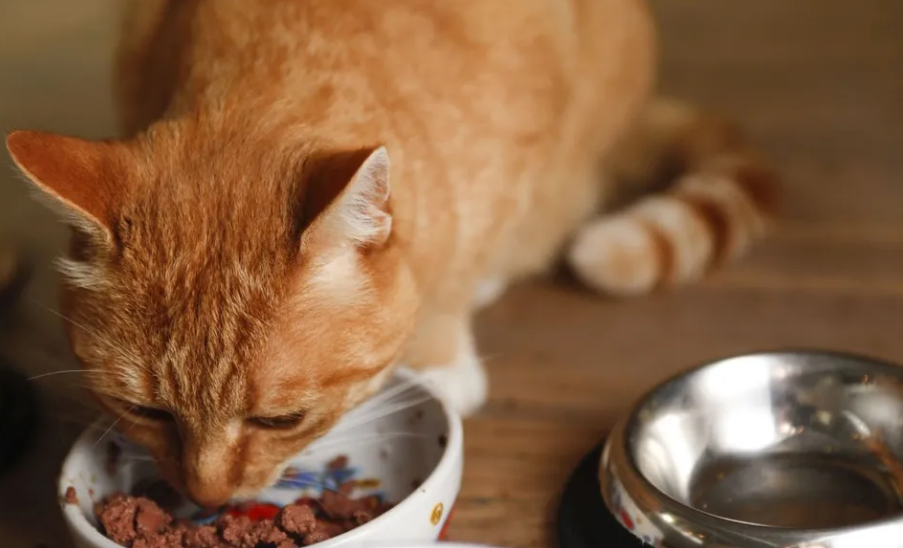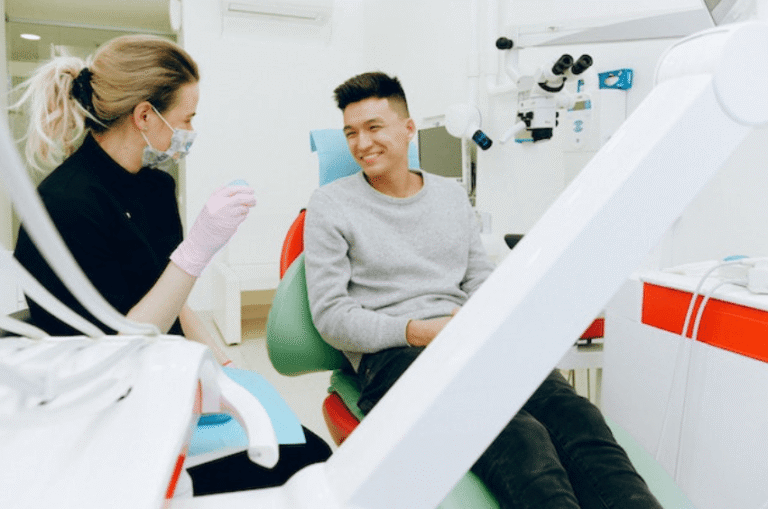Supporting Feline Health Through Balanced Nutrition
Introduction To Nutritional Support For Cats
Cats rely on a balanced diet to maintain their health, energy levels, and overall well-being. While a complete diet should provide most essential nutrients, certain situations may call for additional nutritional support. In these cases, some owners consider adding cat supplements to their pet’s routine to address specific needs.
Understanding The Role Of Dietary Additions
Supplements are designed to provide nutrients that may be missing or insufficient in a cat’s regular diet. These can include vitamins, minerals, fatty acids, probiotics, and other beneficial compounds. When chosen carefully, they can help maintain optimal health or address targeted concerns such as skin condition, joint flexibility, or digestive balance.
Reasons Owners Turn To Extra Nutritional Support
Pet owners may explore supplements for several reasons, including:
- Managing age-related changes in older cats
- Supporting recovery from illness or surgery
- Promoting healthy skin and a shiny coat
- Maintaining strong bones and joints
- Aiding digestion and nutrient absorption
However, it’s important to remember that supplements should enhance a balanced diet, not replace it.
Common Types Of Supplements For Cats
There are many varieties of nutritional additions available for feline care. Each serves a different purpose and should be chosen based on the cat’s individual needs.
Omega-3 Fatty Acids
These healthy fats, often derived from fish oil, support skin, coat, joint health, and even cognitive function.
Probiotics
Live beneficial bacteria can promote a healthy gut environment, improve digestion, and support the immune system.
Glucosamine And Chondroitin
These compounds are often recommended for older cats or those with mobility concerns, as they help maintain healthy cartilage and joints.
Multivitamins
Formulated specifically for cats, these products can help fill small nutritional gaps in the diet.
Antioxidants
Certain antioxidants, such as vitamin E, can protect cells from damage and support overall health.
See also: Vacation Rentals on Fort Myers Beach: A Smarter Alternative to Hotels?
How To Choose The Right Option
Selecting the right supplement depends on a cat’s health status, diet, and lifestyle. Factors to consider include:
- Age and activity level
- Any existing medical conditions
- Type of diet (wet, dry, raw, or homemade)
- Recommendations from a qualified veterinarian
A product should be specifically formulated for cats, as their nutritional needs differ greatly from other animals, including dogs and humans.
The Importance Of Veterinary Guidance
Introducing a supplement should never be done without consulting a veterinarian. Professional advice ensures that the product is necessary, safe, and given at the correct dosage. Over-supplementation can be harmful, leading to nutrient imbalances or organ strain.
Potential Benefits Of Adding Supplements
When used correctly, supplements may contribute to noticeable improvements in a cat’s quality of life. These can include:
- A healthier coat with reduced shedding
- Increased mobility and comfort in older cats
- Improved digestion and reduced stomach upset
- Enhanced immune function for better resistance to illness
Risks Of Improper Use
Despite their potential benefits, supplements carry certain risks if misused. Possible issues include:
- Toxicity from excessive vitamins or minerals
- Allergic reactions to ingredients
- Digestive disturbances such as vomiting or diarrhea
- Interactions with prescribed medications
Careful monitoring and prompt veterinary advice are essential when starting any new product.
Combining Supplements With Regular Diet
Some supplements work best when paired with specific types of diets. For example, omega-3 oils are often more effective when given alongside a protein-rich, high-quality diet. Probiotics may be more beneficial when accompanied by prebiotic-rich foods that help support their growth.
Observing Changes And Adjustments
Once a cat supplements is introduced, owners should monitor their cat’s behavior, appetite, and appearance. If positive changes are seen, the product may be continued under guidance. If any negative reactions occur, it should be stopped immediately and discussed with a veterinarian.
The Future Of Feline Nutritional Support
Advances in veterinary nutrition are leading to more targeted and scientifically supported supplements. Research into the long-term benefits of specific compounds continues to grow, potentially offering safer and more effective options for feline care in the future.
Conclusion
When used thoughtfully and with professional oversight, cat supplements can play a helpful role in maintaining and improving feline health. They are not a substitute for a balanced diet or regular veterinary care, but they can provide valuable support in addressing specific needs. By choosing high-quality, cat-specific products and following expert guidance, owners can help ensure their feline companions lead healthier, happier lives.







